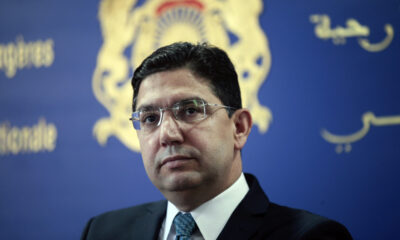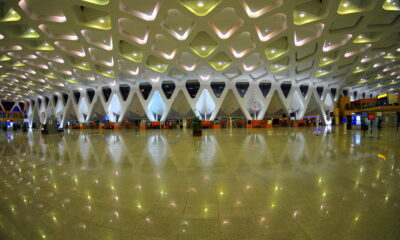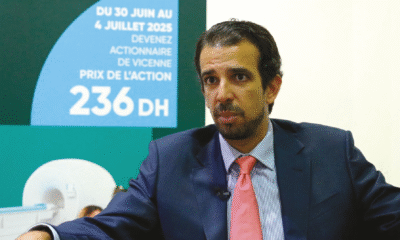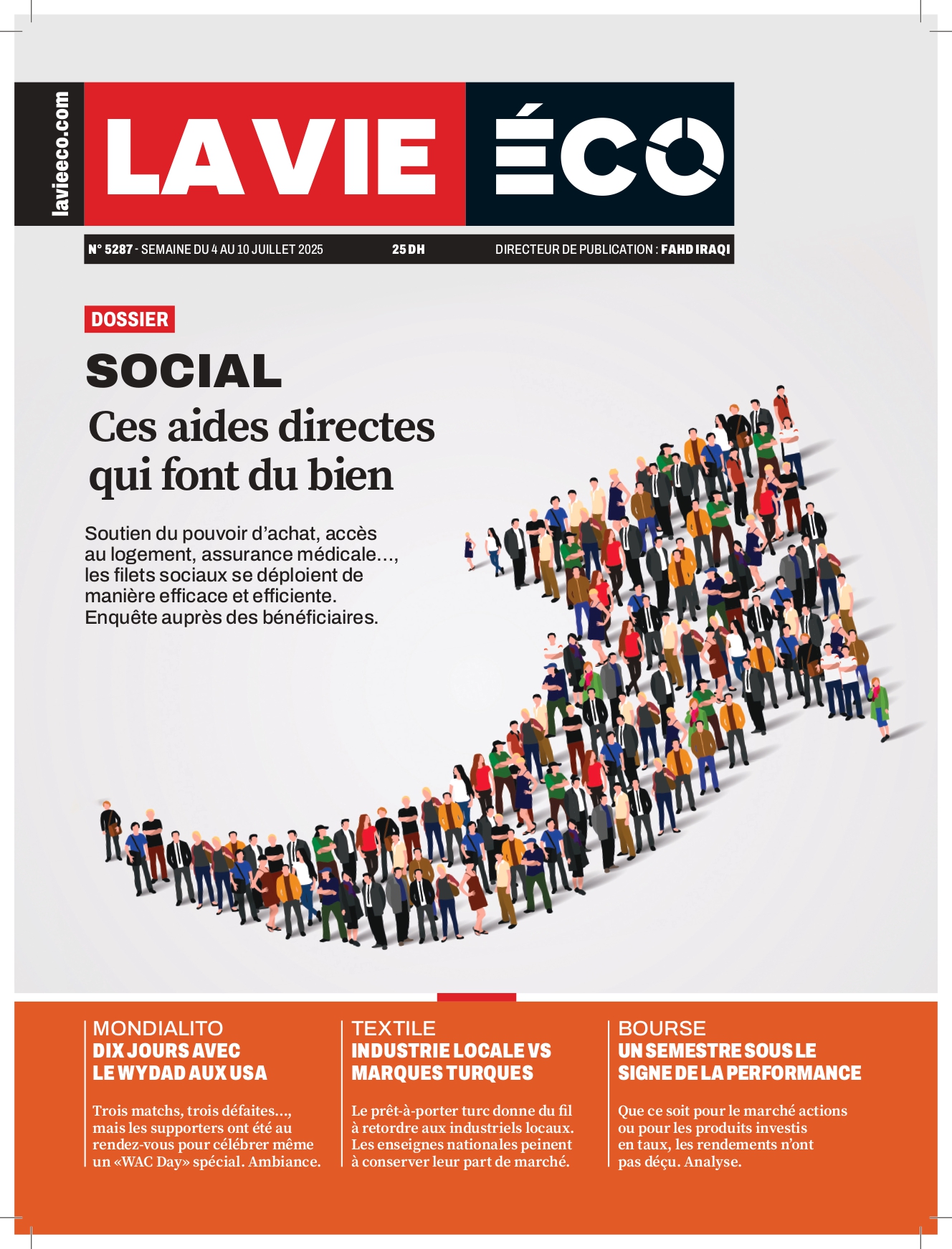Influences
AI Summit: Call to Develop a National Roadmap
Participants called for establishing legislative frameworks to govern AI development and use, incorporating ethical principles to ensure privacy protection, transparency, and accountability.

Participants at the First National Artificial Intelligence (AI) Summit, held Wednesday in Salé, called for the development of a national AI roadmap outlining Morocco’s objectives, priorities, and ethical frameworks, aligned with international standards and promoting responsible AI use.
In their closing recommendations from the summit, organized on July 1–2 by the Ministry of Digital Transition and Administrative Reform, attendees advocated for drafting legislative frameworks to govern AI development and deployment. These laws would embed ethical principles ensuring privacy protection, transparency, and accountability.
Regarding AI governance, they urged the creation of ethical guidelines to guarantee fairness, transparency, and responsibility while addressing potential risks such as discrimination or job displacement.
In recommendations presented by Amal El Fallah Seghrouchni, Minister Delegate for Digital Transition and Administrative Reform, participants emphasized boosting R&D investments and fostering public-private tech partnerships to develop smart solutions for the national economy.
To support this, they proposed launching secure national data platforms to enable innovation in priority sectors under strict personal data protection standards, establishing advanced data centers with high-performance computing capabilities for AI research and applications, and enhancing national cybersecurity through AI-driven threat detection and digital infrastructure protection.
For social development, they pushed for expanding AI use in early disease diagnosis and healthcare improvement, particularly in underserved regions, to strengthen health system efficiency and reduce regional disparities.
In education, they highlighted integrating AI into pedagogical assessments and designing adaptive educational content to identify learning challenges and propose personalized support plans.
On infrastructure, they endorsed AI for monitoring and maintaining critical systems, improving sustainability and efficiency. This includes optimizing traffic management, enhancing public transport, and streamlining transport fleet operations.
For energy and water security, they advocated developing smart systems for proactive monitoring and improved management of vital resources to ensure optimal use and bolster water, food, and energy security.
Similarly, they recommended deploying AI in smart grids to forecast demand and optimize energy distribution.
In public administration, participants urged broad adoption of AI to enhance service performance, streamline procedures, and increase transparency in public and private transactions.
On cultural preservation, they proposed leveraging AI to safeguard national linguistic and cultural heritage, develop digital content, and promote Moroccan cultural diversity in the global digital space.
To support entrepreneurship, they called for assisting MSMEs and startups in adopting AI for production and service processes through incentive programs and technical aid, aiming to boost productivity and competitiveness.
To this end, they recommended launching specialized incubators and innovation hubs to help startups create high-value Moroccan AI solutions for local and global markets.
In international cooperation, particularly South-South partnerships, they stressed building strategic alliances with global AI research institutes and tech firms to share knowledge and access cutting-edge technologies.
They also deemed it critical to establish national and pan-African AI research centers to foster collaboration and address local challenges in agriculture, healthcare, industry, and smart cities.
Lastly, they proposed hosting international AI events to facilitate knowledge exchange, position Morocco as an innovation leader, and attract investment in the field.













